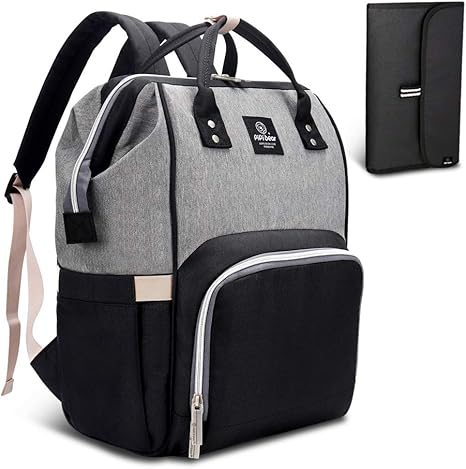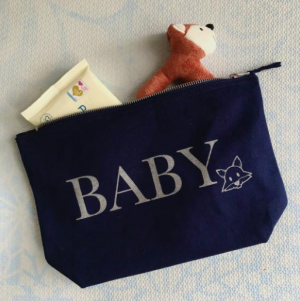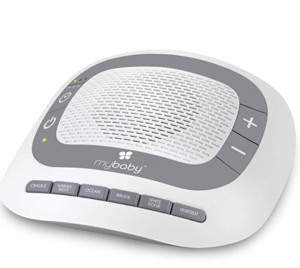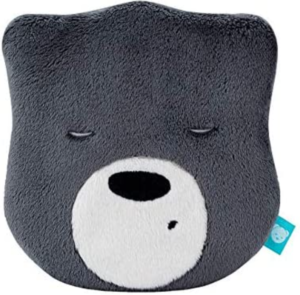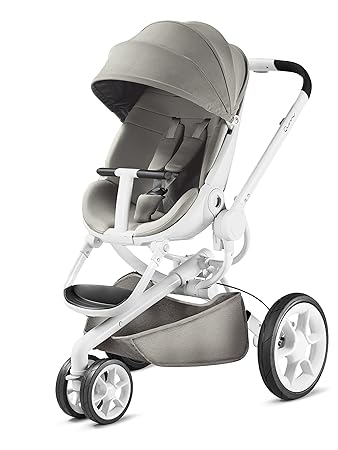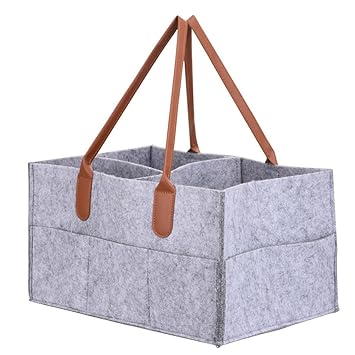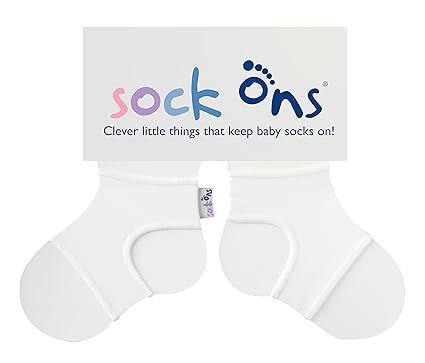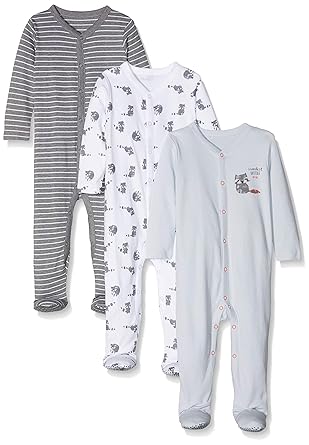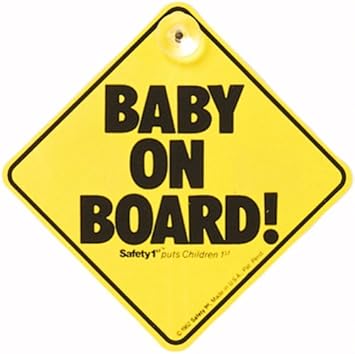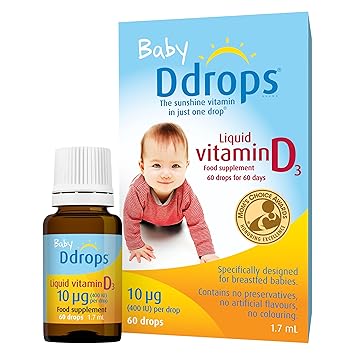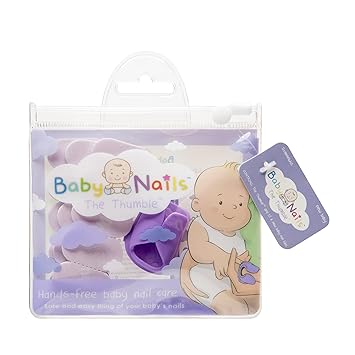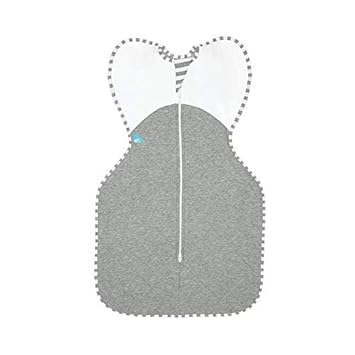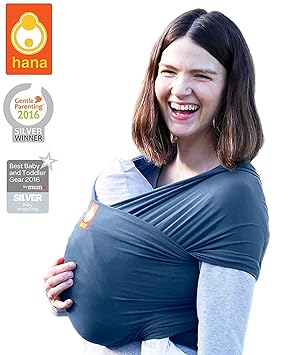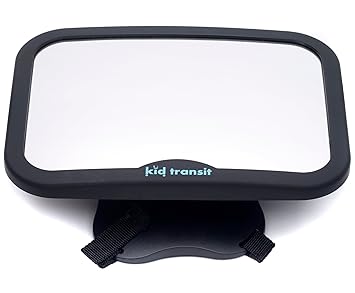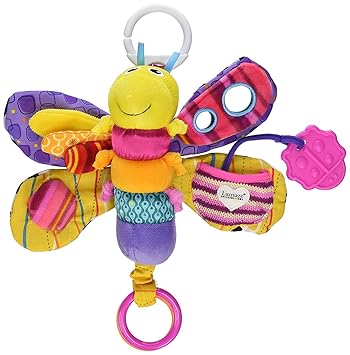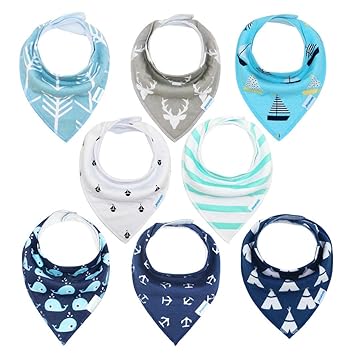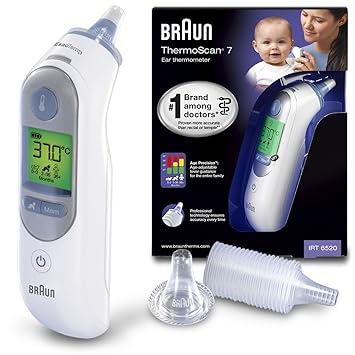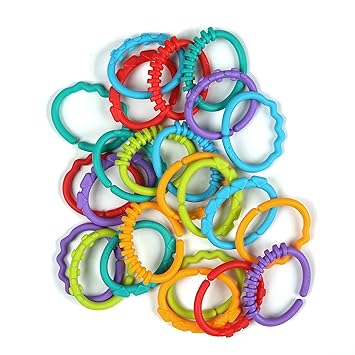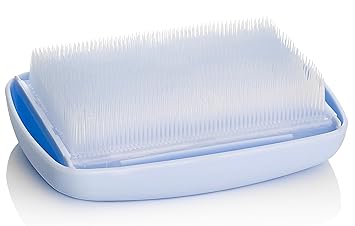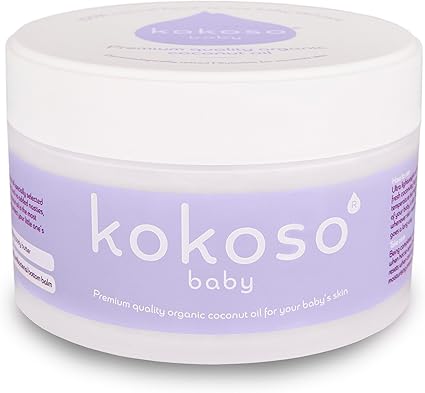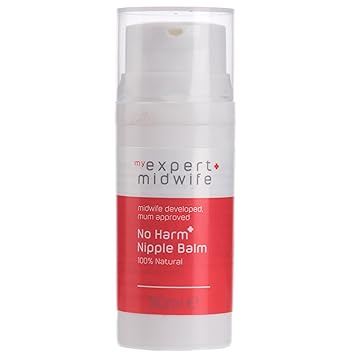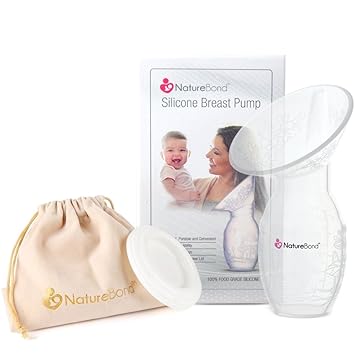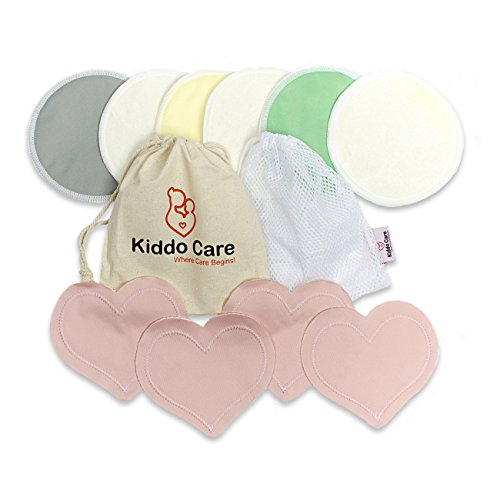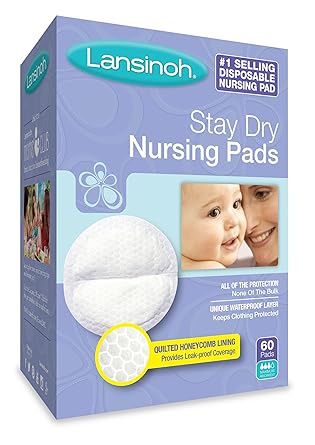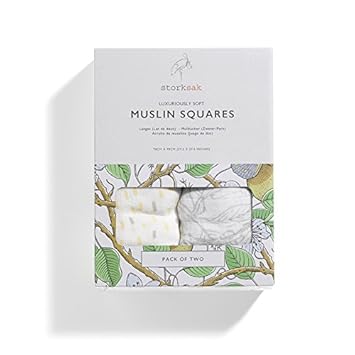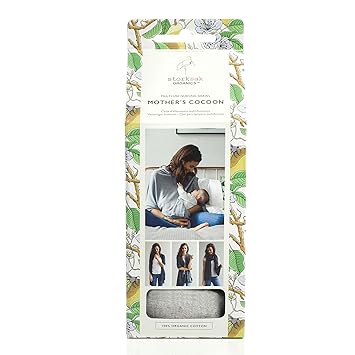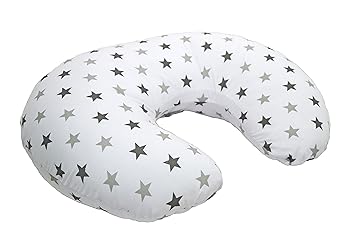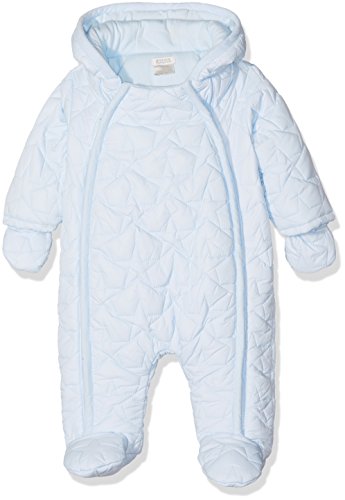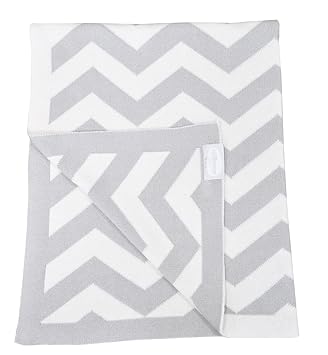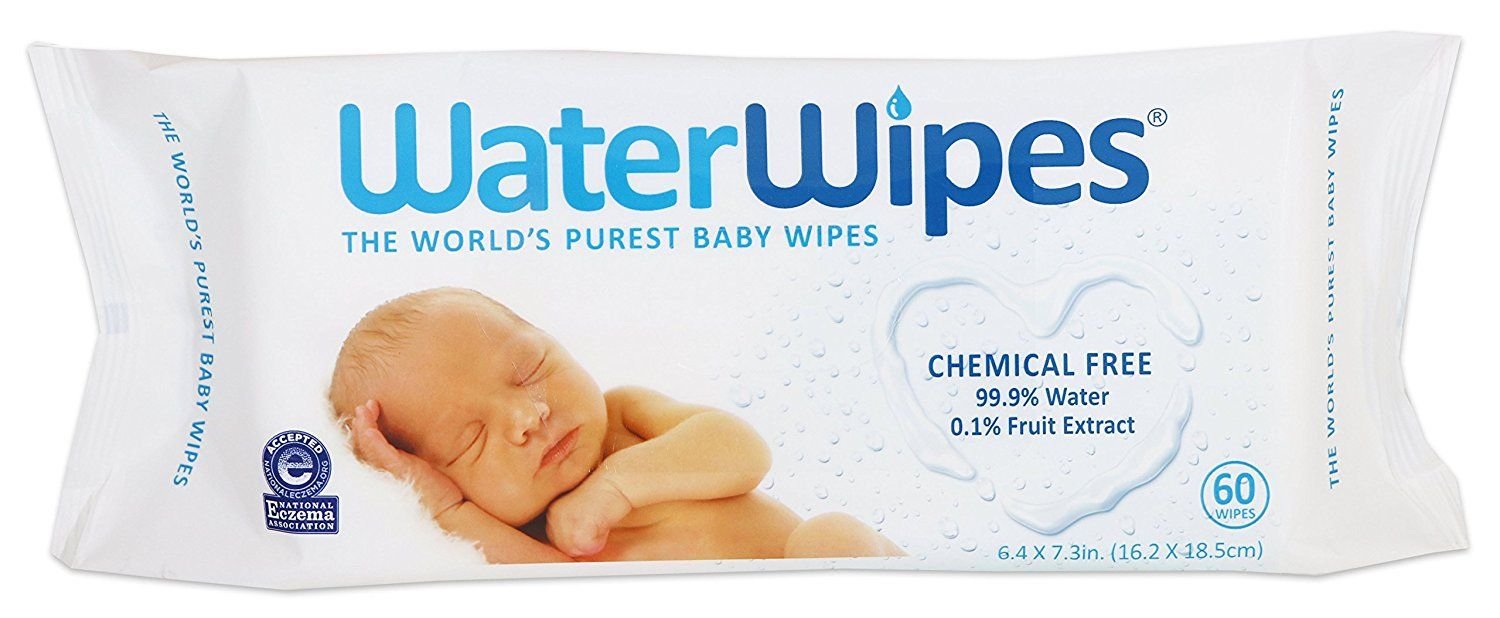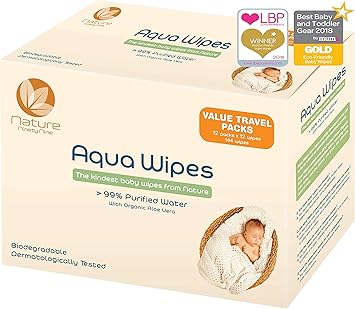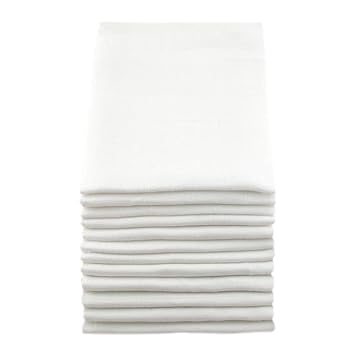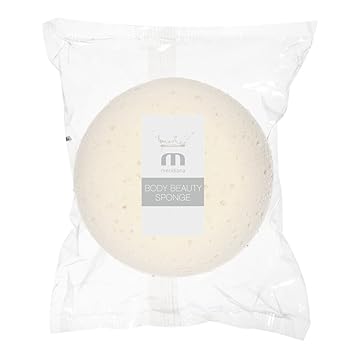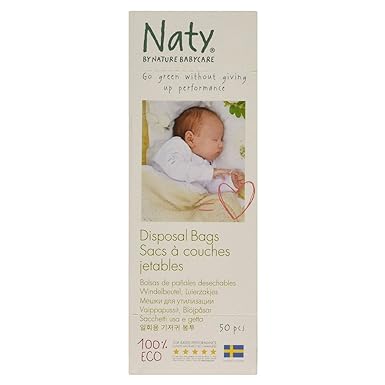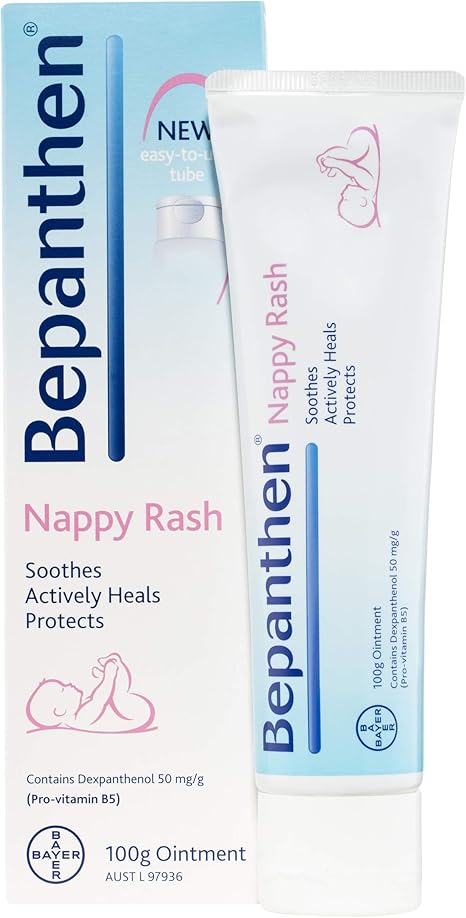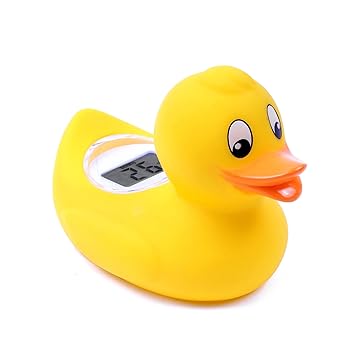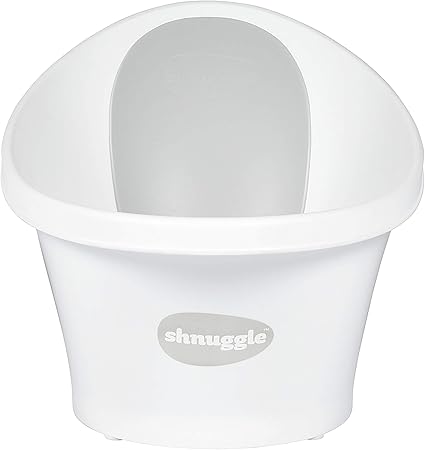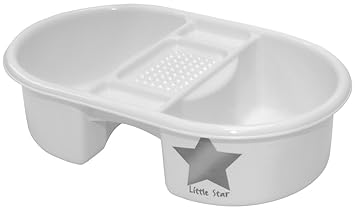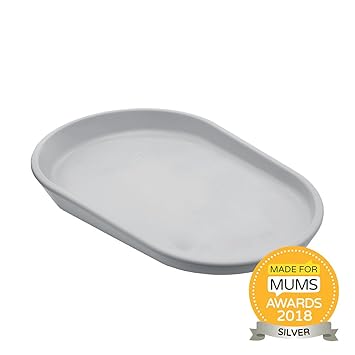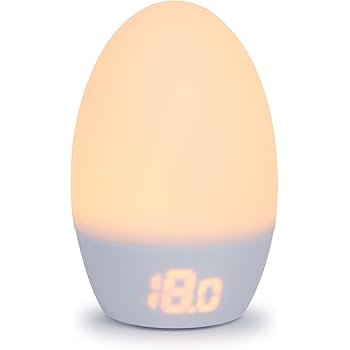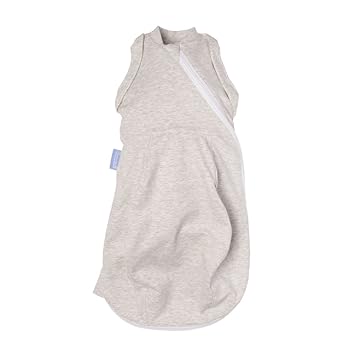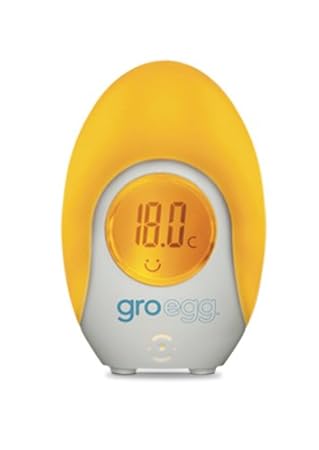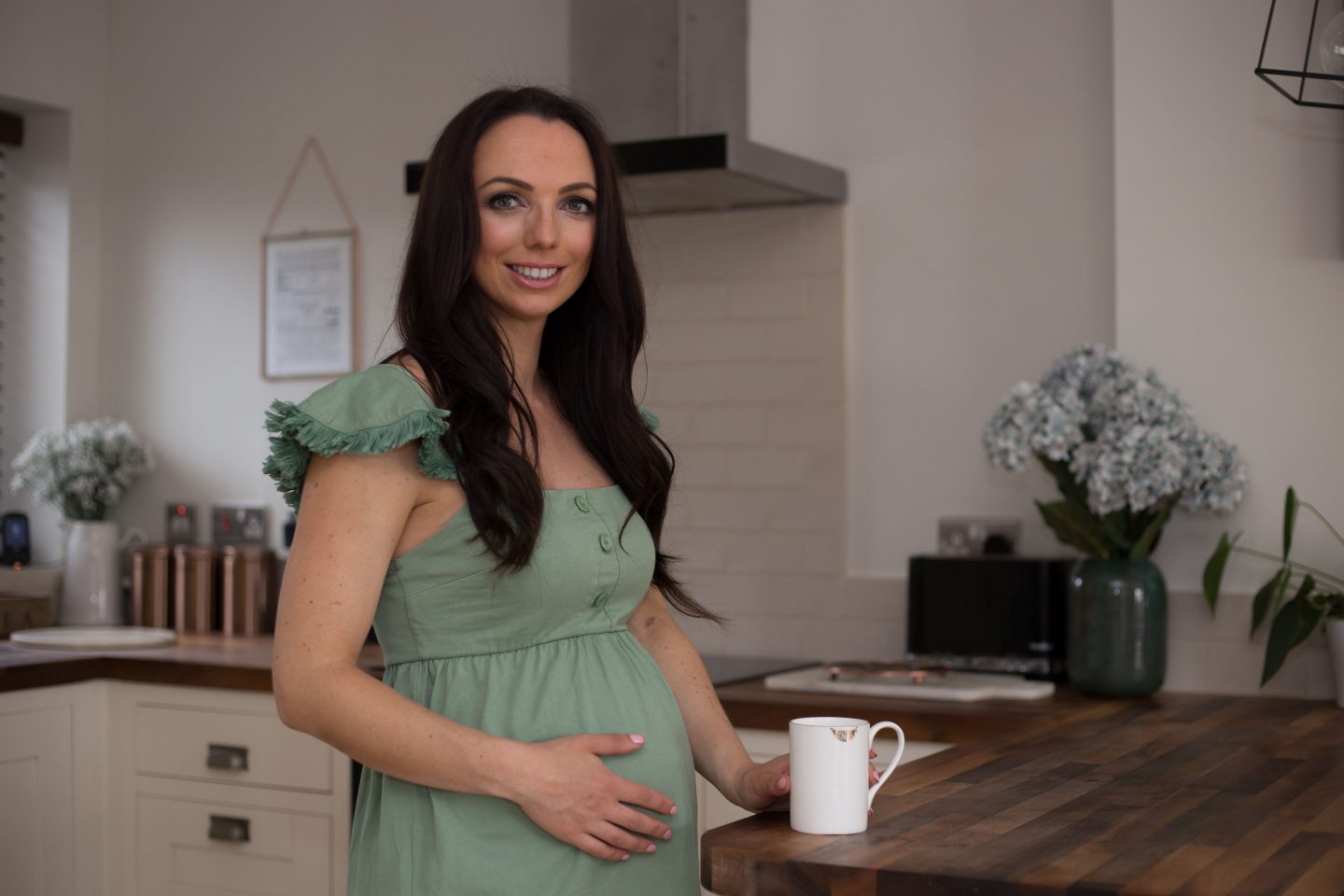
A healthy diet is important at any time, however it is vital for mums-to-be as demands on the body are increased during pregnancy. Eating a balanced diet will help your baby to grow and develop, and you’ll be less likely to suffer from complications. You don’t need to eat a special diet, but you do need to pay attention to what you’re eating, ensuring that you eat a variety of different foods to obtain all the nutrients that you and your baby need.
PS Check out [this blog post] for advice on what to eat postpartum!
What SHOULD you eat when Pregnant?
A healthy and balanced diet consists of eating plenty of fruit and vegetables for vitamins, minerals, and fibre which will help to keep you healthy and prevent constipation. Ideally we should be eating 5 to 9 portions of fruit and vegetables a day, with a portion being around a handful or 80g; for example an apple, a small bowl of salad or three tablespoons of peas. Aim to fill around a third of your meal plate with vegetables or salad and if you’re hungry between meals have a piece of fruit; to jazz it up, you could have a banana with nut butter or an apple with cheese.
Protein, which includes meat, fish, eggs, beans, pulses, milk, cheese and yoghurt, should also take up another third of your plate or bowl, as our bodies and babies need protein on a daily basis to grow and also repair. Aim to eat two portions of fish a week, one of which is oily e.g. salmon, mackerel or sardines. Make sure that all of your foods are cooked thoroughly to prevent food poisoning and choose leaner cuts of meat where possible, avoiding liver as it contains too much vitamin A, which can be harmful in pregnancy. If you really don’t feel like eating, due to morning sickness for example, then a glass of milk is ideal as it will provide you with calcium, protein and slow release energy, as well as keeping you hydrated.
Wholegrain or slow release starchy carbohydrates such as sweet potato, oats, wholemeal pasta, basmati rice or granary bread provide your body with B vitamins, energy and fibre. Aim to fill another third of your plate with these to keep you fuelled for the entire day.
I massively craved carbs in trimester one and needed to eat every 2 hours to keep the feelings of nausea at bay. Although I tried to keep to the ‘healthy’ versions e.g. wholemeal toast and porridge, I did eat my fair share of pizza (with a side of salad!), Nutella wraps and garlic bread!
Keeping hydrated is also important as it will help to keep your digestive system moving and gut healthy. Aim for your urine to be a pale straw colour!
Focus on what you should be eating more of, and you’ll naturally eat less of the foods high in sugar and fat and low in nutrients, such as cake and biscuits; these can
What Dietary Supplements do you need when you’re Pregnant?
The UK Department of Health recommends that pregnant women should take a daily 400 mcg folic acid supplement up to the 12th week of pregnancy, and it should ideally be started before pregnancy, i.e. once contraception is stopped. Some women, for example those with diabetes, need a higher dose of folic acid (5 mg).
In addition to a supplement, it is also recommended to eat a diet rich in folate i.e. including green vegetables such as spinach or kale as well as fortified breads and cereals. Folic acid and folate help to prevent neural tube defects (NTD) in babies.
Pregnant ladies should also take 10 mcg (400 iu) of vitamin D daily to help prevent rickets in babies.
There are specific multivitamins and minerals for pregnant women available which combine both the folic acid and vitamin D and exclude vitamin A, which in large doses can cause birth defects. A pregnancy suitable multivitamin is not however a substitute for a healthy balanced diet.
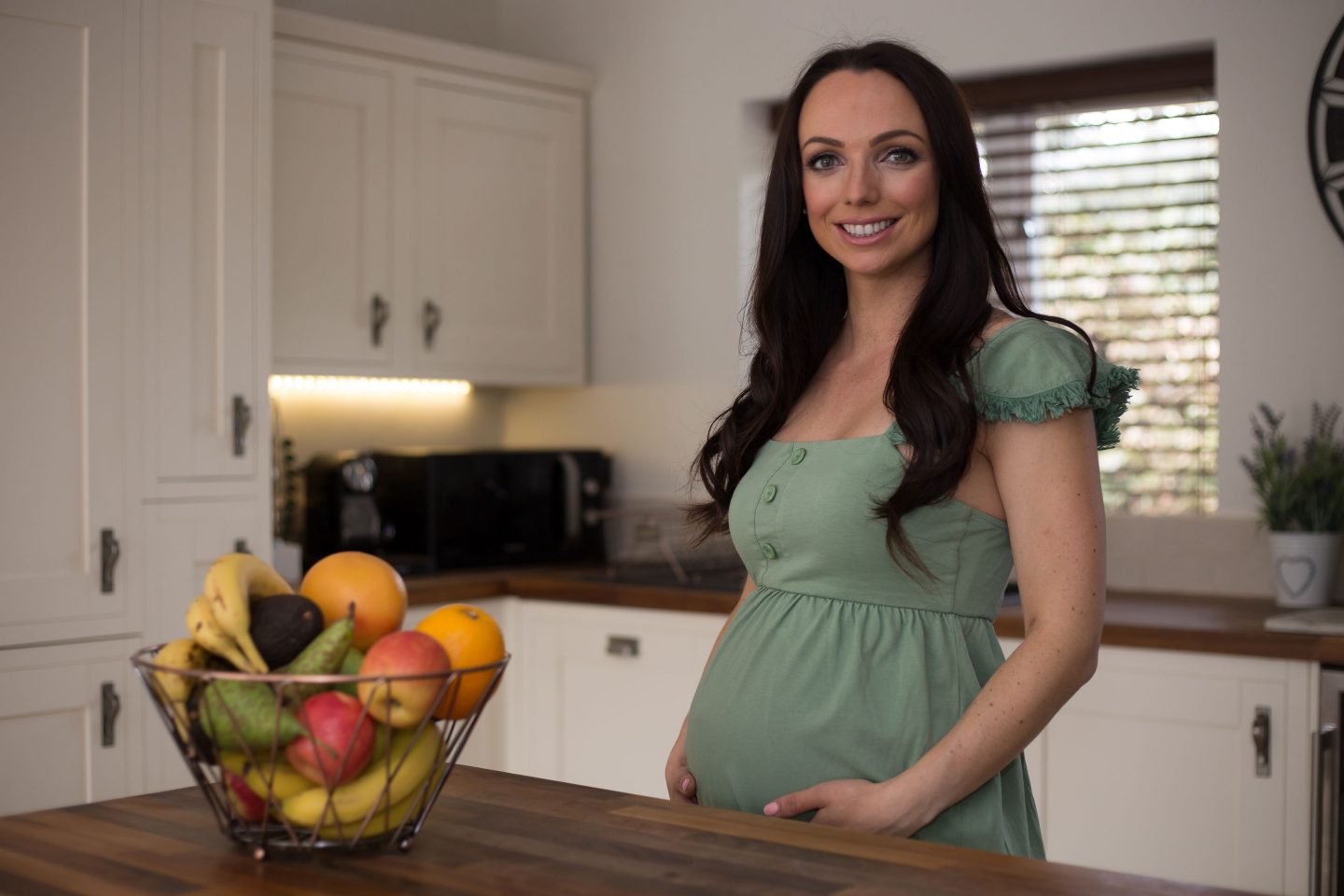
What Foods & Drinks should you Limit or Avoid during Pregnancy?
CAFFEINE – No more than 200mg a day
Caffeine is a natural physical and mental stimulant and it is found in tea and coffee as well as chocolate, cola and energy drinks. Although small amounts of caffeine are perfectly healthy, and if you have it 30 minutes before a workout in particular, it can help to improve physical performance, having too much of it is definitely NOT a good thing.
Consuming too much caffeine can cause insomnia, increased heart rate, stomach upset, restlessness and irritability. Another problem is that the more caffeine you have, the more that your body gets used to it, which is why the stimulating effects can wear off over time.
For the majority of healthy adults, caffeine in moderation (400mg a day; which is around 4-5 cups of tea or coffee or 2 energy drinks) isn’t harmful, although pregnant women should keep their consumption to below 200mg a day; which is around 2 cups of instant coffee or tea.
Here are some some useful stats showing on average how much caffeine is in commonly consumed food and drinks, however you should always check the label for exact amounts:
- Coffee shop coffee = ~100-400mg
- Energy drink = ~150mg
- Instant coffee = ~100mg
- Black tea = ~75mg
- 100g dark chocolate = ~50mg
- Can of cola = ~50mg
- Green tea = ~35mg
- 100g milk chocolate = ~20mg
My advice would be to use energy drinks or caffeinated coffee/tea only when you need it i.e. after an occasional forced lack of sleep, and avoid adding sugar to teas and coffees. If you’re buying coffee from a coffee shop ask for just 1 shot, as large cups can have up to 4 shots of coffee in them which is the equivalent of double a day’s worth of caffeine for a pregnant lady.
ALCOHOL – Avoid
The Chief Medical Officer for the UK recommends that if you’re pregnant or planning to become pregnant, the safest approach is not to drink alcohol at all to keep any risks to your baby to a minimum.
Drinking alcohol in pregnancy can lead to long-term harm to the baby; the more you drink, the greater the risk. The risk is greatest in the first three months of pregnancy, as it increases the risk of miscarriage, premature birth and your baby having a low birth weight. Drinking after the first three months of your pregnancy could further effect your baby after they’re born. The effects may include learning difficulties and behavioural problems. Drinking heavily throughout pregnancy can cause your baby to develop a serious condition called foetal alcohol syndrome (FAS).
CHEESE – Navigate carefully!
I love cheese; who doesn’t?! Not only does it taste delicious but it’s a great source of protein and calcium for you and your baby.
Most cheeses are safe to eat when you’re pregnant however some should be avoided due to the risk of food poisoning from listeria; a bacteria which can be harmful to you and your baby.
Cheeses that are considered safe to eat during pregnancy include: hard cheeses such as cheddar, cheese slices/strings, parmesan and stilton, soft cheeses (provided they’re made from pasteurised milk; most in the UK are but check the ingredients list or ask the waiter if you’re abroad) such as cottage cheese, mozzarella, feta, cream cheese, paneer, ricotta, halloumi, goats’ cheese and cheese spreads.
Cheeses to avoid include mould-ripened soft cheeses (those with a white rind) including brie, camembert and chèvre, blue veined cheeses e.g. Danish Blue, gorgonzola and roquefort as well as all unpasteurised dairy products (milk, yoghurt & cheese). If you LOVE these cheeses then they should be safe to eat if cooked thoroughly e.g. on a pizza or baked. For more information search for ‘NHS Choices Cheese and Pregnancy’ or ‘NHS Choices Listeriosis’.
EGGS – Check for the Lion stamp if poaching or having soft boiled!
Up until a year or so ago I was advising women to only have boiled or scrambled eggs, i.e. ensuring that the yolk was solid and completely cooked through. This was to reduce the risk of salmonella poisoning. HOWEVER, new research now shows that eggs produced under the British Lion Code of Practice i.e. eggs with the red lion stamp, are very low risk for salmonella and are safe for pregnant women to eat raw (yuk!) or partially cooked e.g. soft boiled or poached (yay!).
If you buy eggs that don’t have the lion stamp on e.g. from a farm, or from your own chickens then you MUST cook them until the white and yolk is solid. Salmonella is unlikely to cause harm to your baby but it could cause severe diarrhoea and vomiting which could lead to dehydration. Non-hen eggs such as duck, goose and quail eggs should always be cooked thoroughly.
MEAT & FISH – Cook thoroughly and avoid certain fish
Raw meat should be cooked thoroughly i.e. there should be no pink bits!
Regarding fish, although it is a great source of protein, vitamins and minerals as well as omega 3 fatty acids (in oily fish) there are some that you should avoid: You should NOT eat shark, swordfish and marlin due to their mercury content, in addition to raw or undercooked fish due to risk of food poisoning e.g. some sushi dishes.
Tuna fish can be eaten safely however you should limit your intake to either 2 fresh steaks a week or 4 medium cans.
Oily fish, such as salmon, trout, fresh tuna, mackerel, sardines, herring and pilchards (in addition to sea bass, crab and sea bream) should be limited to 2 portions a week due to the pollutants that they contain. You don’t need to limit white fish such as cod and haddock.
I really hope this article helps you and congratulations on your pregnancy!
PS Check out my blog post on calories and weight gain for more information!












